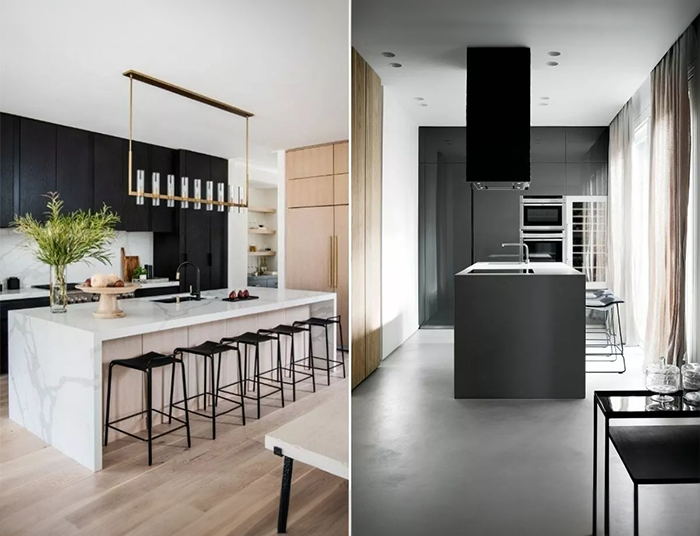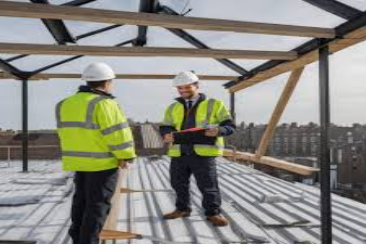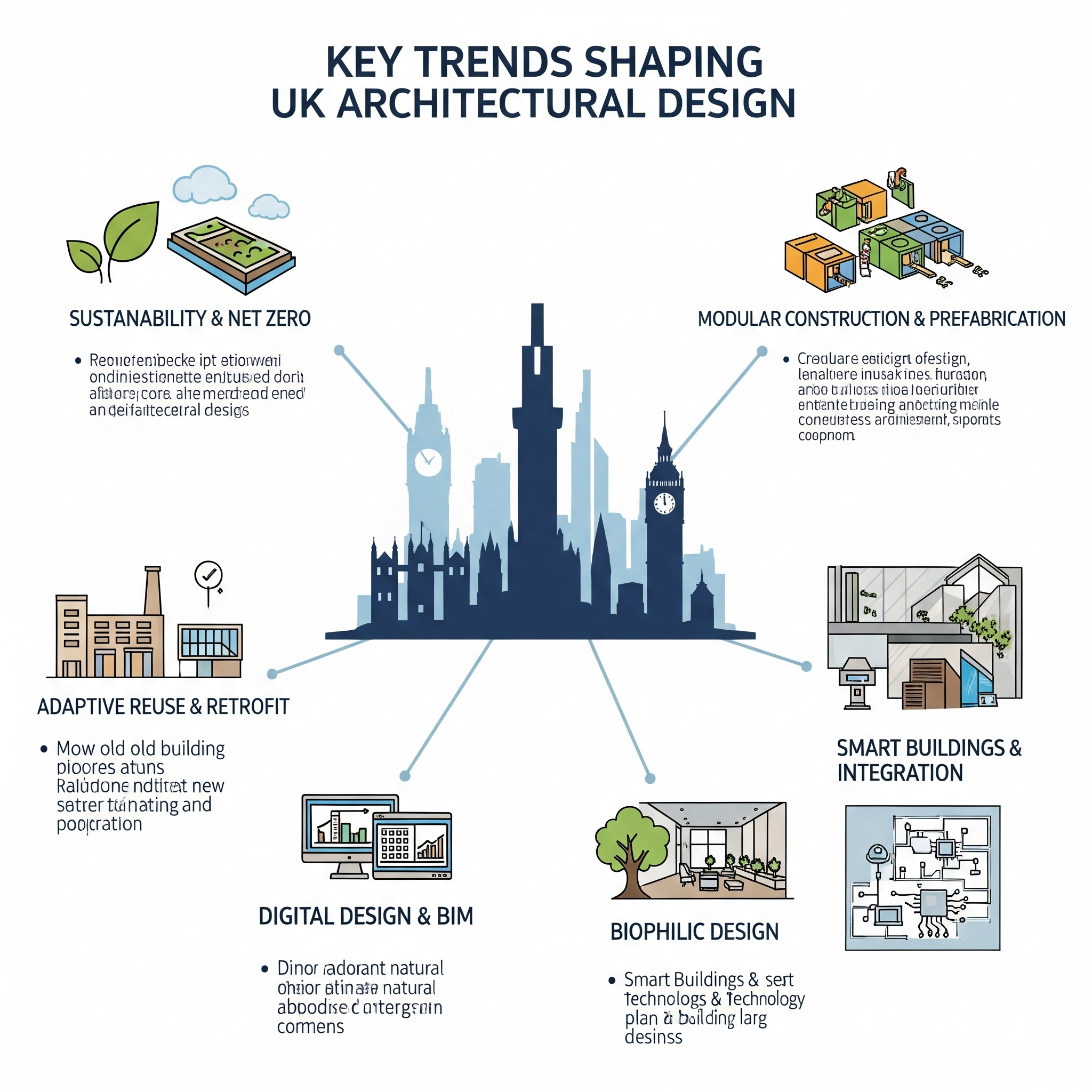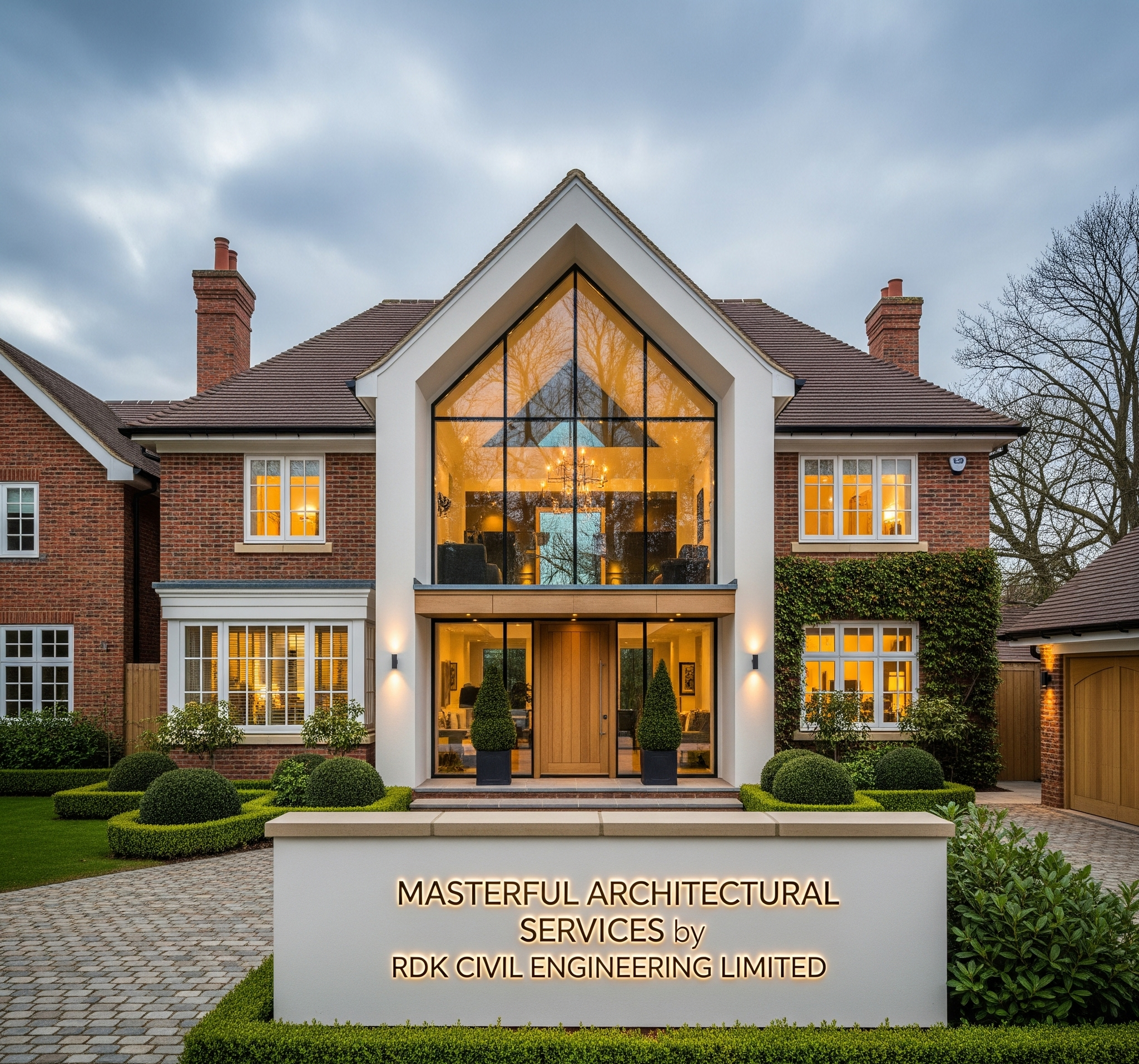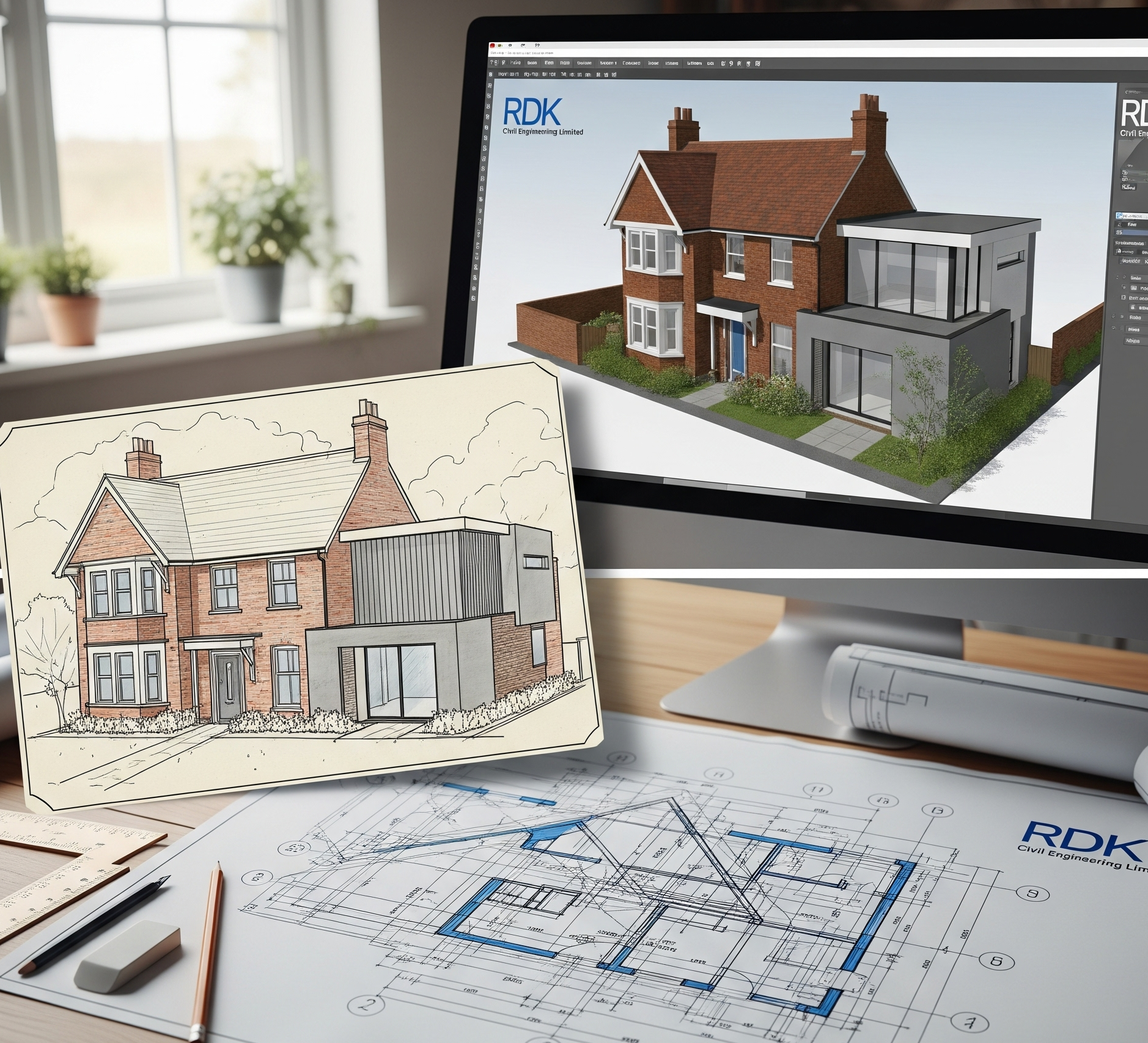Planning permission is a legal document granted by local planning authorities that allows you to carry out specific development or building work on your property. At RDK Civil Engineering Limited, we understand the complexities of the planning application process. This guide will provide you with valuable insights to navigate this process successfully.
When Do You Need Planning Permission?
While some minor works can be carried out under permitted development rights, many projects require planning permission. Here are some common scenarios where planning permission is necessary:
-
Extensions: Building an extension to your home, such as a loft conversion or ground floor extension.
-
Demolition: Knocking down a building or structure.
-
.jpg)
-
Change of Use: Converting a building to a different use, like turning a garage into a home office.
-
.jpg)
-
New Builds: Constructing a new building on your land.
The Planning Application Process
-
Pre-Application Advice:
- Consulting with a planning consultant or architect can help you assess the feasibility of your project.
- A pre-application inquiry can provide valuable feedback from the local planning authority.
-
Submitting a Planning Application:
- Prepare a detailed application form, including plans, drawings, and supporting documents.
- Pay the required fee.
- Submit the application to your local planning authority.
-
The Planning Decision:
- The local planning authority will assess your application against planning policies and guidelines.
- They may consult with neighbors, conservation officers, or other relevant bodies.
- A decision will be made within a specified timeframe.
-
Appealing a Decision:
- If your application is refused, you can appeal the decision to the Planning Inspectorate.
Common Reasons for Planning Permission Refusal
-
Design Issues: Poor design or a lack of integration with the surrounding environment.
-
Impact on Neighbors: Negative impacts on neighboring properties, such as loss of privacy or overlooking.
-
Traffic and Parking: Concerns about increased traffic or insufficient parking.
-
Environmental Impact: Potential harm to the environment, such as noise pollution or loss of green space.
RDK Civil Engineering Limited: Your Planning Experts
At RDK Civil Engineering Limited, we have a team of experienced professionals who can help you navigate the planning application process. Our services include:
-
Pre-Application Advice
-
Planning Application Submission
-
Appeals and Discharges of Conditions
-
Construction Phase Management
By working with us, you can increase your chances of obtaining planning permission and ensure a smooth and efficient project.
Conclusion
Understanding the planning application process is crucial for any building or development project. By following the guidelines outlined in this guide and seeking professional advice, you can successfully navigate the complexities of planning permission.

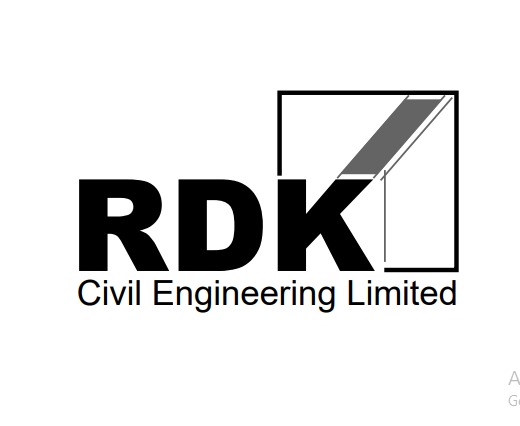


.jpg)
.jpg)
